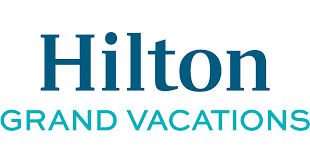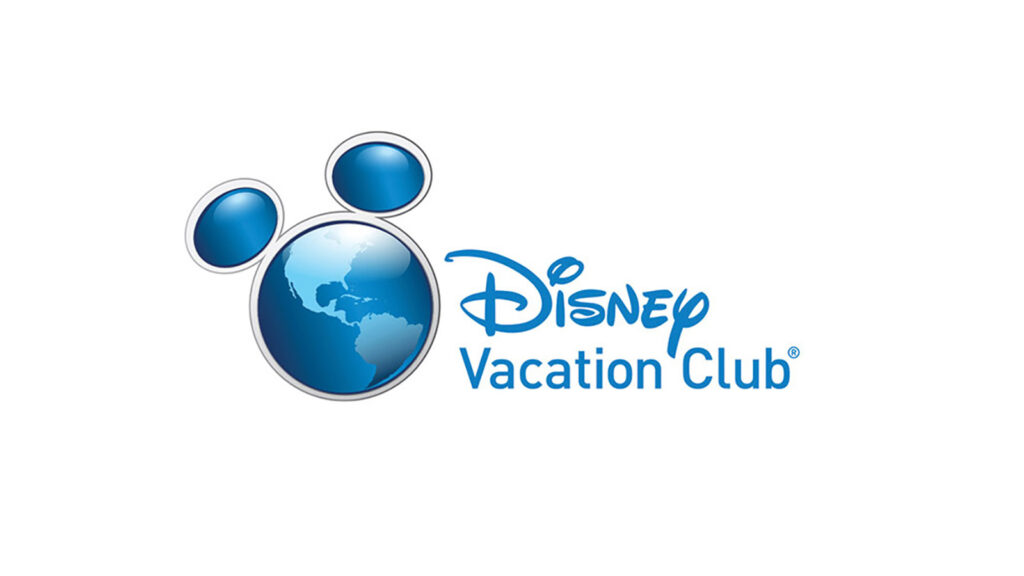
Buying a timeshare is more than just deciding where you’ll spend your next vacation. It’s about the how and where you want to vacation for the next decade+. When you choose a timeshare network, you’re picking the level of stay, the types of destinations, how much flexibility you want, how much advanced planning you’re willing to do, and what experiences you value most.
Some networks focus on delivering luxury across a handful of exclusive resorts. Others prioritize flexibility, affordability, and destination options. To help you navigate the major players, which I highly recommend only considering when purchasing a contract, here is an outline of each of today’s leading timeshare networks—what they offer, how they operate, and who they’re best suited for.
Hilton Grand Vacations is one of the largest and most recognized names in the timeshare world, offering access to nearly 200 resorts across the globe. Its strength lies in brand consistency—guests can expect Hilton-quality service, accommodations, and amenities, regardless of the property they visit.
Hilton uses a points-based system, with ‘ClubPoints’ serving as the internal currency. Owners can use points to book at any participating HGV property. A small number of resorts also offer “event weeks,” which provide fixed-week ownership options at high-demand times. You can explore outside of HGV primarily with the RCI exchange (more on that later).
HGV offers a wide variety of travel options—from Vegas to Hawaii to international destinations—and value consistency in your resort experience, Hilton may be a strong fit. Maintenance fees can be incredibly reasonable (with a smart home resort contract purchase), and incredible value can be engineered through weekday stays.
Hilton Grand Vacations Overview
- Size & Reach: ~200 resorts worldwide (72+ in the U.S.)
- Contract Type: Points-based (ClubPoints), with fixed “event weeks” at select properties
- Exchange Access: Mainly RCI
- Notable Resorts: Elara (Las Vegas), Grand Islander (Waikiki)
- Pros: Brand trust, versatile point usage, high-end resort offerings
For an in-depth guide to Hilton Grand Vacations, click here.
Marriott Vacation Club takes a hybrid approach to ownership. Buyers can hold deeded week ownership at specific resorts or enroll in the Destinations program, which uses a points-based system to access a broader portfolio. This hybrid model provides both structure and flexibility, appealing to owners who like the option to return to a favorite property but also want the freedom to explore new locations.
Marriott properties span both resort destinations and major urban centers, giving owners access to beach getaways and city stays alike. 2-bedroom, 1 week contracts can easily be broken out into 1 week in a one-bedroom and 1 week in a studio (at most resorts, and for a small lock off fee) extending your vacation for the same price. MVC integrates with Interval International and generally carry high trading value broadening exchange opportunities even further.
While the system offers great quality, buying Destination Points come with high transfer fees. Maintenance fees also tend to be higher based on the quality of the resort and their locations Booking rules, exchange fees, and ownership structures may require a bit of a learning curve,ners.
Marriott Vacation Club Overview
- Size & Reach: ~70 vacation resorts, plus access to 90+ affiliated city properties
- Contract Type: Hybrid – deeded weeks and Destinations Club points
- Exchange Access: Interval International
- Notable Resorts: Ko Olina Beach Club (Oahu), Waiohai Beach Club (Kauai)
- Pros: Strong brand, high resort quality, flexible booking options
For an in-depth guide to Marriott Vacation Club, click here.
Disney Vacation Club offers a very specific—but deeply loyal—timeshare experience. Designed for fans of Disney parks and storytelling, DVC allows members to stay on-property in deluxe accommodations with access to perks like early park entry and resort transportation for CONSIDERABLY lower costs than booking the resorts retail representing incredible value if you are a Disney family. Ownership is entirely points-based, and points can be used across Disney resorts in Florida, California, and Hawaii.
While the resort collection is smaller than other networks, the value for Disney families can be significant. Accommodations are often larger than standard hotel rooms, with kitchens and living areas ideal for longer stays. Studios are fine if you plan to be at the parks most days, saving rooming costs, but the room quality is average. These are many of the same resorts families can book directly with Disney but at considerably lower prices. Disney properties tend to hold their value, resale potential is stronger than with many other timeshares.
That said, the Disney magic comes at a premium. Upfront resale contracts can still be pricey (though cheaper than buying direct), Some resorts have tight booking windows during peak seasons so booking outside of your home resort will sometimes have limited availability—especially if you’re aiming for popular resorts or holidays.
Disney Vacation Club Overview
- Size & Reach: 13–17 resorts, primarily at Walt Disney World, plus properties in California and Hawaii
- Contract Type: Points-based (Vacation Points)
- Exchange Access: Interval International and internal resort network
- Notable Resorts: Riviera Resort (WDW), The Villas At Disneyland, Aulani
- Pros: Immersive Disney experience, strong resale value, incredible value vs. rack rate Disney resorts + most benefits of staying on property.
For an in-depth guide to Disney Vacation club, click here.
Wyndham offers two overlapping brands: Club Wyndham, with around 245 resorts, and WorldMark, with around 90. Both operate on a points or credit-based system, offering a wide range of North American destinations, especially for family-friendly and budget-conscious travelers.
What sets Wyndham apart is its sheer breadth of properties and locations. From ski towns to coastal cities, it covers more geographic ground than most other networks. While the properties may not have the luxury polish of Marriott or Hilton, they’re often spacious, well-located, and packed with amenities for families. Wyndham has been updating a lot of the rooms lately giving the quality finishes and a more premium experience than before.
Owners can also exchange primarily through RCI and WorldMark members have the added benefit of being able to book across both Wyndham brands (with a nominal Club Pass fee for booking).
Where Wyndham sometimes falters is in system complexity. Fee structures, credit expirations, housekeeping and booking credit allocations can overwhelm first-time buyers or add costs if you try to do a lot of short stays. That said, for those who want maximum options and a lower entry cost, Wyndham delivers. These contracts are less desirable so can typically be captured for very low upfront resale costs.
Club Wyndham & WorldMark Overview
- Size & Reach: ~245 Club Wyndham resorts + ~90 WorldMark properties
- Contract Type: Points (Club Wyndham), Credits (WorldMark)
- Exchange Access: RCI
- Notable Resorts: Bonnet Creek (Orlando), WorldMark Big Bear (CA)
- Pros: Large footprint, affordable entry, good for families
For an in-depth guide to Club Wyndham/Worldmark, click here.
Other Noteworthy Brands and Integrations
The timeshare landscape is consolidating quickly, with many boutique or independent clubs now operating under the umbrella of larger networks:
- Bluegreen, Diamond Resorts, Embarc: Now part of Hilton Grand Vacations
- Westin, Sheraton, and Vistana: Integrated into Marriott’s network
- Hyatt Residence Club, Karma Group, Shell Vacations Club: Offer niche luxury with smaller footprints but high owner satisfaction
These brands may not have the name recognition of Hilton or Disney, but they can offer personalized experiences, lower owner-to-unit ratios, and a more curated approach to travel.
Final Take
Choosing a timeshare network is as much about personality as it is about preference. If you’re looking for a broad, global footprint with luxury and flexibility, Hilton Grand Vacations and Marriott Vacation Club stand out. If you’re a devoted Disney family, DVC offers something you simply can’t get anywhere else. And if value and variety are your top priorities, Wyndham/WorldMark delivers more options than nearly anyone.
Each system comes with its own structure, strengths, and trade-offs. The key is understanding how you vacation—and choosing a network that aligns with your rhythm, your budget, and your bucket list.








